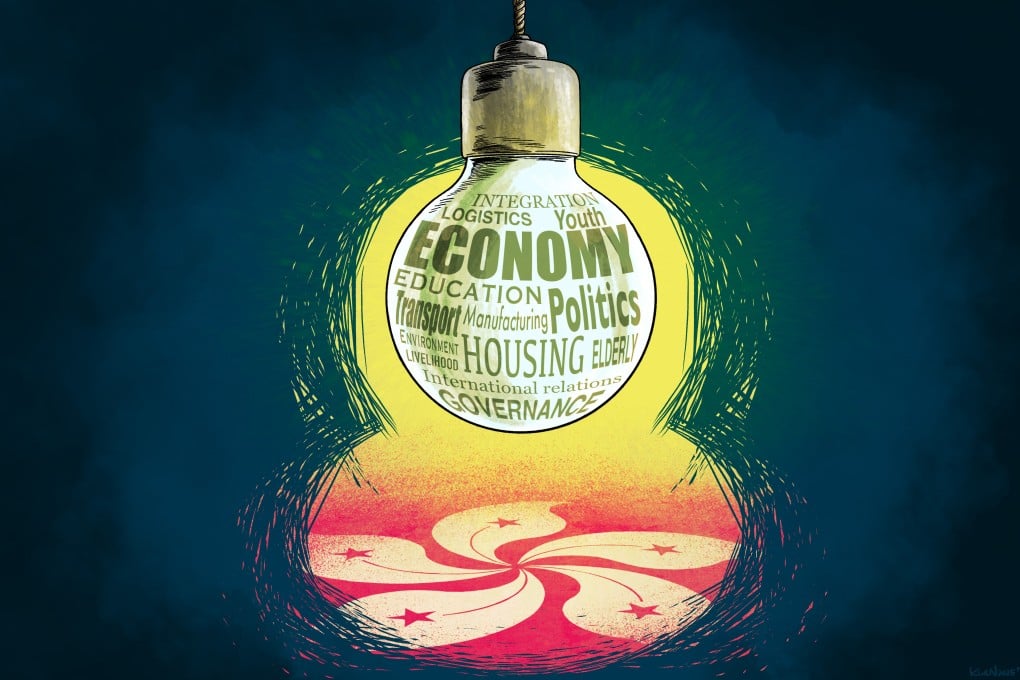Why are Hong Kong think tanks facing a bleak future?
City’s once vibrant think tank scene has entered what some are calling a ‘dark winter’

Andrew Fung Ho-keung recalls the “golden days” for Hong Kong’s think tanks.
He said there was a time when the work of his Hong Kong Policy Research Institute, one of the city’s oldest think tanks, could significantly shape policymaking.
In 2018, during a months-long government-led debate on land and housing supply initiated by then leader Carrie Lam Cheng Yuet-ngor, the think tank published research reports and organised forums pushing for innovative ideas.
The government later adopted one proposal, a land readjustment scheme, and integrated it into the Land Sharing Pilot Scheme, said Fung, director and honorary CEO of the think tank, established in 1995.
“Carrie Lam, in a seminar, publicly endorsed our innovative contribution to the policy. Those were the golden days of think tanks,” he said.
But over time, the institute’s workforce dwindled from more than 10 full-time workers to about two employees, primarily because of a decline in donations and funds.
“We can’t afford full-time researchers to conduct in-house research regularly,” Fung said.